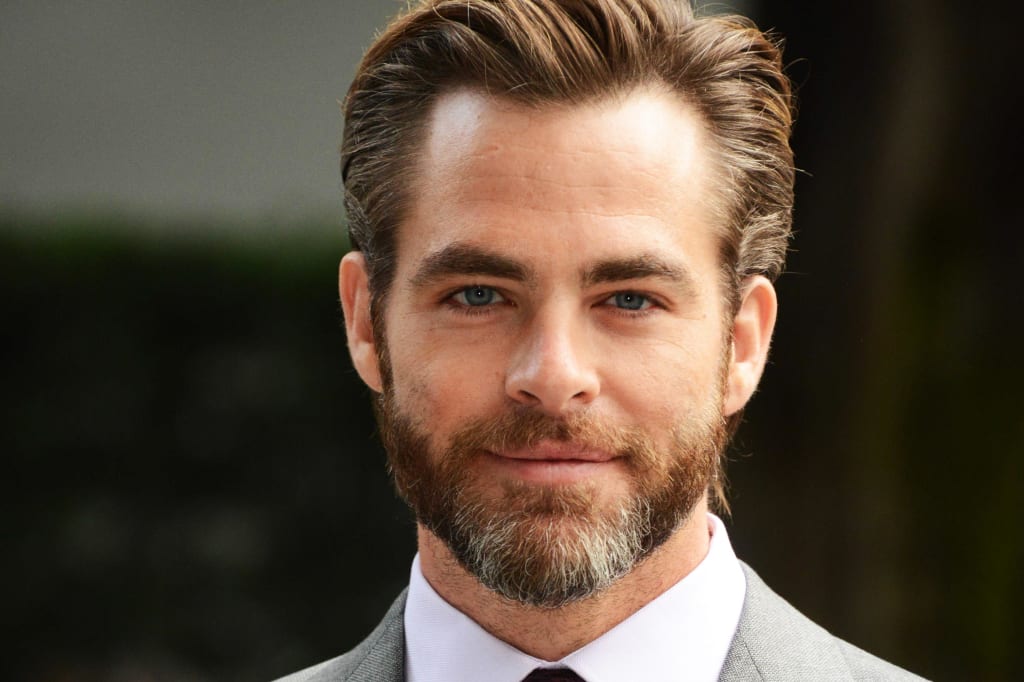
As successful as the relaunched Star Trek franchise has been, it's also been controversial! J. J. Abrams rebooted the timeline and launched the U.S.S. Enterprise on a whole new voyage, with Chris Pine taking on the iconic role of James T. Kirk. Still, the reality is that Trekkies haven't always been impressed. Abrams has moved Star Trek away from its cerebral roots, away from its overt social commentary, and into the realm of 'action flick'.
Over the weekend, Chris Pine stepped in and defended the new franchise:
“You can’t make a cerebral Star Trek in 2016. It just wouldn’t work in today’s marketplace. You can hide things in there – Star Trek Into Darkness has crazy, really demanding questions and themes, but you have to hide it under the guise of wham-bam explosions and planets blowing up. It’s very, very tricky. The question that our movie poses is “Does the Federation mean anything?” And in a world where everybody’s trying to kill one another all of the time, that’s an important thing. Is working together important? Should we all go our separate ways? Does being united against something mean anything?”
Is he right?
THE FIRST PROBLEM: THAT'S NOT HOW SCIENCE-FICTION WORKS
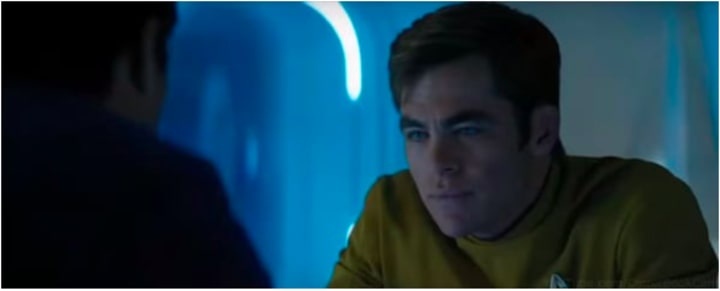
Chris Pine's Captain Kirk!
As much respect as I have for Chris Pine, and as much as I love the idea of the rebooted Star Trek universe, I think he's missed something. You see, Star Trek has always featured action and adventure; but it's also always been clearly situated within the genre of science-fiction.
The best science-fiction always has a cerebral aspect to it. Take Christopher Nolan's Inception, for example; a remarkably intelligent film, it's the third most lucrative movie of Nolan's career (behind two of his Batman films). It didn't fail because it was smart; it succeeded because of it.
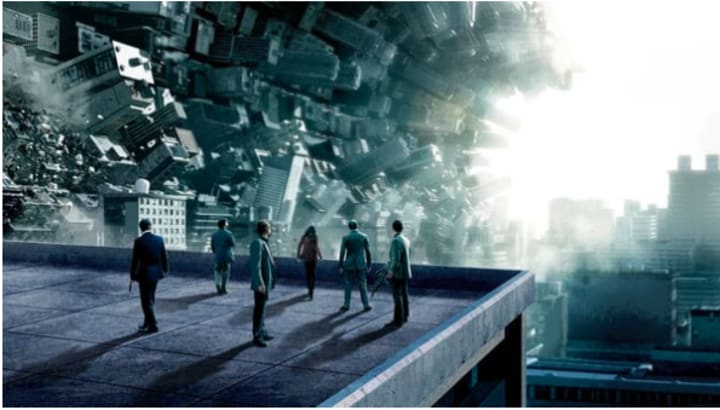
So THIS film wasn't "cerebral"?
Or take James Cameron's Avatar. It's pretty hard to get a movie with stronger environmental themes than Avatar, and the care with which Cameron integrated 3D technology with the world-building of Pandora generated an incredible amount of hype. All that led to a tremendous financial success, although advances in 3D technology since do mean that it's not dated terribly well.
When you're working within the genre of science-fiction, you don't need to put 'intelligent' into opposition with 'successful'. In the hands of a skillful team, the two can quite easily coexist.
THAT'S EVEN MORE THE CASE FOR STAR TREK!
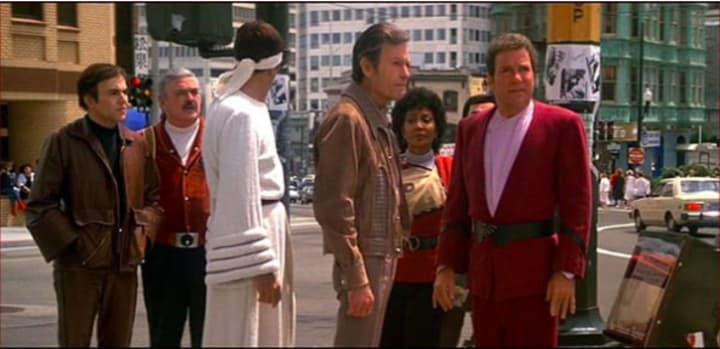
Do you remember this..?
With so many episodes released, the Internet is filled with lists of the 'best episodes'. On io9, the top five entries are:
- Balance of Terror - an episode in the original series where William Shatner's Kirk goes up against a Romulan commander. The episode subtly explores themes of prejudice and intolerance.
- The Best of Both Worlds - in which the Borg turn Patrick Stewart's Jean-Luc Picard into their mouthpiece in a terrifying exploration of identity.
- City on the Edge of Forever - an episode that faces Kirk and his allies with a heart-breaking choice as a result of time travel.
- The Visitor - a beautiful, poignant episode in which the past must be rewritten.
- Darmok - a fascinating parable about communication.
Personally, I freely confess that my favorite episode is The Measure of a Man. In this Star Trek: The Next Generation episode, Data is put on trial and Commander Riker is forced to act as prosecutor, arguing against his having any rights. It's a beautiful examination of what it means to be human, made all the more griping by Riker's ruthlessness.
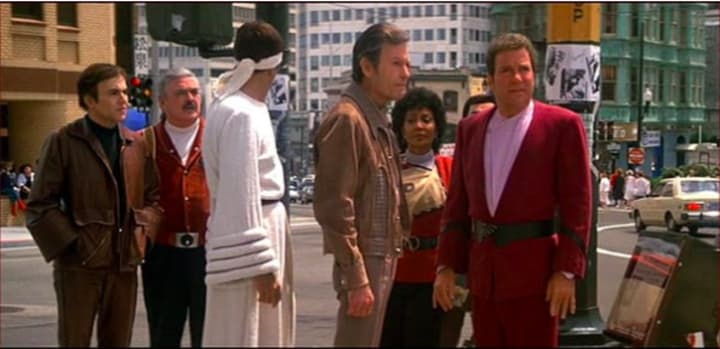
Riker's powerful argument.
Notice a trend? All of these episodes are pretty sophisticated. The action is often little more than a vehicle to explore social issues.
This is exactly how Star Trek's creator Gene Roddenberry intended it. Roddenberry was a visionary, and he intended Star Trek to offer us a glimpse of a future in which equality and prosperity went hand-in-hand. He wanted Star Trek to give us hope for the future, to make us strive for equality, and to encourage the human race to "boldly go" where it has never been before. Star Trek is more than just an action-adventure series - it's something with a soul.
STAR TREK HAS ALWAYS FACED A PROBLEM
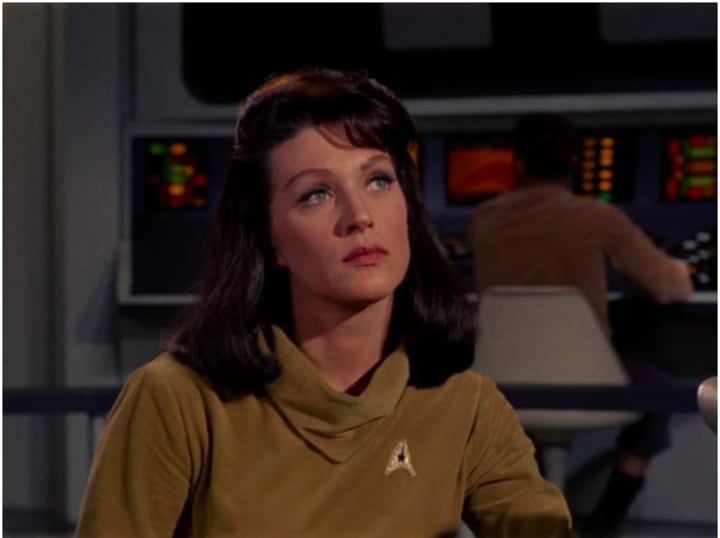
Meet Number One!
When the pilot of the original series was produced, Roddenberry envisioned a second-in-command who he referred to as Number One. Although never named, Number One was a radical concept for the time; Roddenberry intended the second-in-command to be female. Unfortunately, the network wasn't convinced; they didn't believe a TV audience would never be able to relate to a woman in such a powerful position of authority. Soon, female characters were relegated to love interests; female Starfleet officers abandoned Roddenberry's designs (trousers) and were instead donned in regulation mini-skirts to show off their legs!
The truth is that Star Trek has always stood in an awkward and uncomfortable position. On the one hand, at its best, Star Trek is a science-fiction franchise that challenges social norms. On the other hand, the franchise is expected to make money, and is run by studios and networks who will always fail to grasp Star Trek's progressive vision.
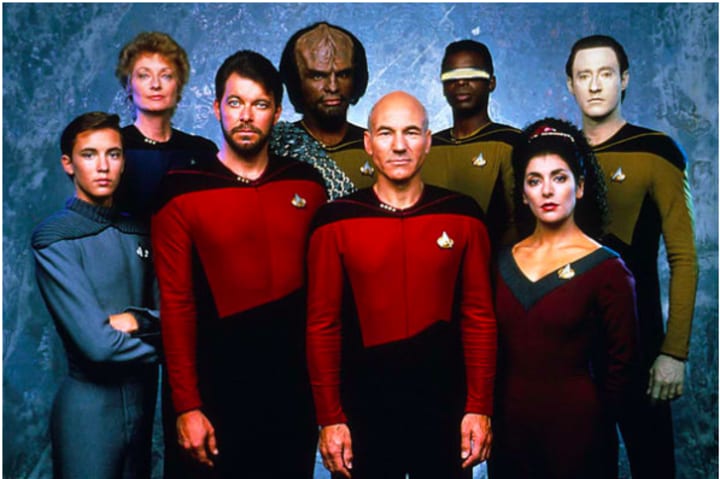
Meet the diverse cast of TNG!
The real problem is, right now, I think a lot of the key figures have missed that point. J. J. Abrams has freely admitted he struggled to understand the franchise as a child; he told The Guardian:
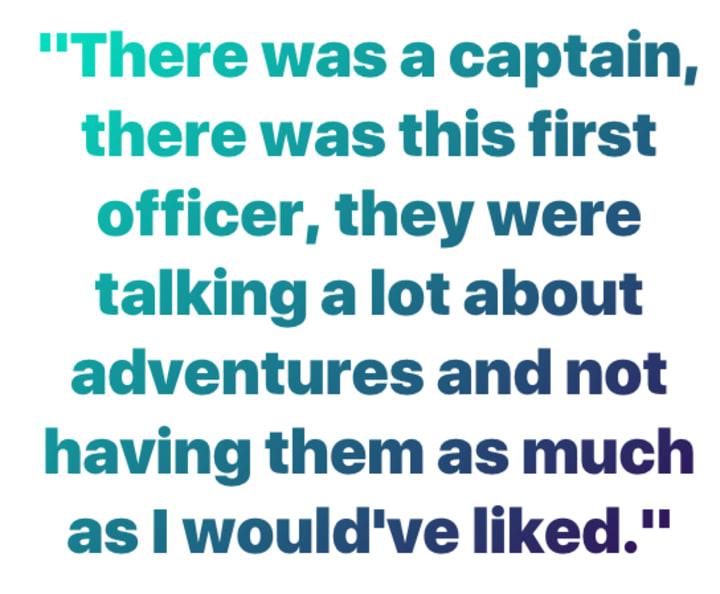
Chris Pine's defense of the rebooted franchise demonstrates exactly the same problem. He's a tremendous actor, and he's breathed new life into a role defined so effectively by William Shatner. But he's not quite got to grips with the franchise's soul. Star Trek isn't just an action-adventure series with a lot of explosions. It's an opportunity to explore the reality of human nature, to optimistically examine the future of the human race, and to challenge our preconceptions about society.
The tragedy is, this is a time when the inclusivist message of Star Trek would have real power. Over in the United States, a divisive presidential election is casting races against one another. In the United Kingdom, the EU referendum is largely fought on the ground of immigration and national identity. Star Trek, with its trans-national vision and multicultural future, is refreshingly counter-cultural. If you agree with that vision, you'll find real joy in it; if you disagree with it, then a careful (and, yes, cerebral) handling would challenge you and help you explore the nature of your own views.

This all ties into a strange social trend of being afraid of the future. You can see it most clearly in the tremendous popularity of dystopian futures in fiction - nobody looks forward with hope any more! From climate change to asteroid impacts, right now the human race is looking out at a cold and hostile universe, seeing nothing but doom and disaster. Star Trek, instead, shows a future that's radiant with hope. It's beautifully counter-cultural, and sounds a note that I truly think our culture needs to hear.
Let me be clear: yes, I'm a fan of the old Star Trek. But I actually do enjoy the new films. I felt that rebooting the franchise was a bold move, one that I truly appreciated. What's more, I'm excited about some of the teasers for Star Trek Beyond - one in particular looks excitingly character-centric. But for all the financial success, I do feel that the Star Trek franchise is missing something. In his defense, Chris Pine unwittingly puts his finger on it. At its best, Star Trek has always had an active, enquiring mind and a passionate heart, with action and adventure going hand-in-hand. That's missing.
If Chris Pine's comments are any indication, sadly I'm not expecting Star Trek Beyond to bring that back. But we know that this franchise has a future; we know that it's only a matter of time before Star Trek returns to the small screen as well as to the cinemas. So, like Star Trek itself, I choose to look to the future with hope.
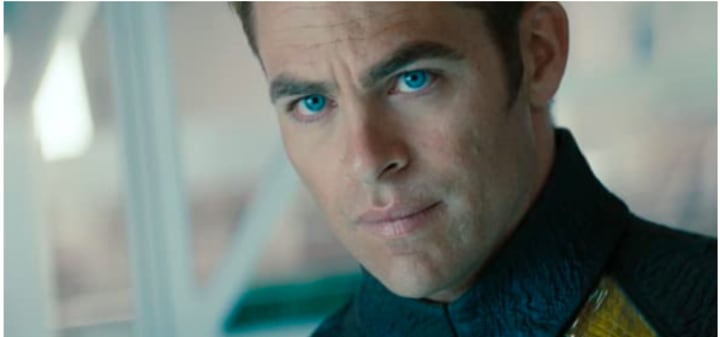
Do you agree with Chris Pine?
About the Creator
Tom Bacon
A prolific writer and film fan, Tom has a deep love of the superhero genre.


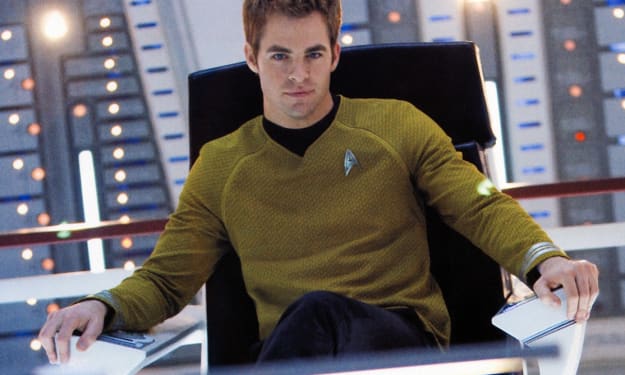



Comments
There are no comments for this story
Be the first to respond and start the conversation.